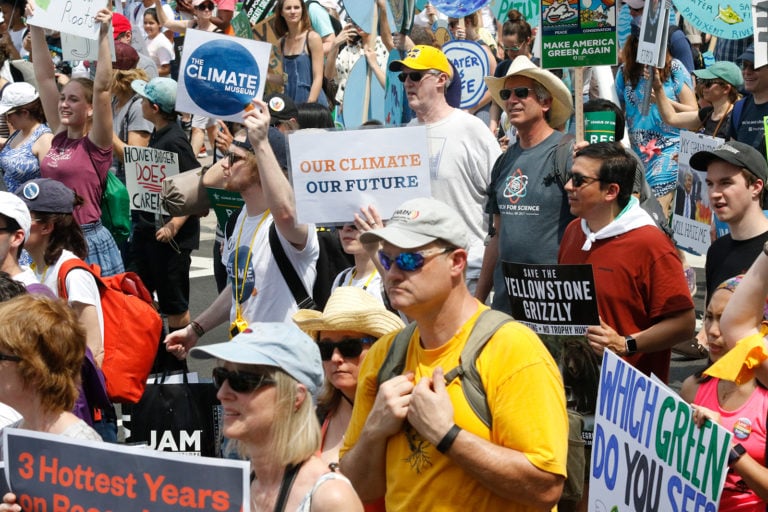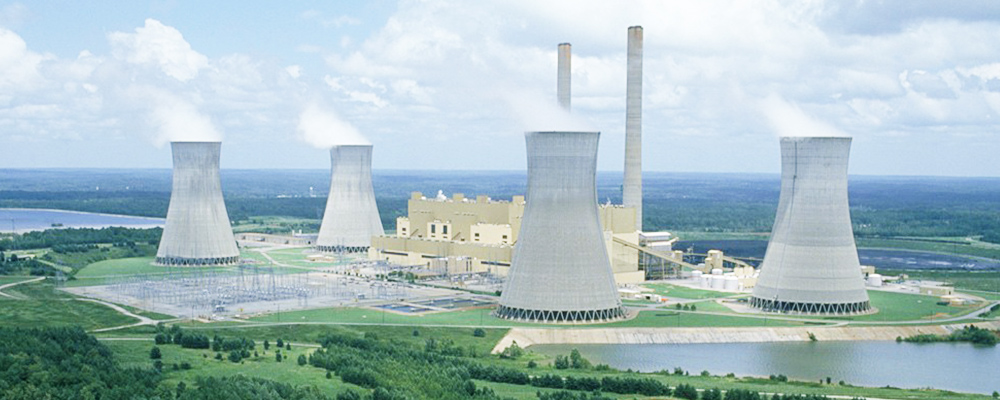This article does not follow the Gates-worshiping herd: “The [Gates Foundation] even reports having a $5.3 million bond holding in Energy Transfer Operating, which is a partial owner of the Dakota Access pipeline —the subject of a very high-profile divestment campaign.”
There is much more, well worth reading, in today’s article by Tim Schwab, The Nation, 16 February 2021, Bill Gates, Climate Warrior. And Super Emitter: The billionaire’s new book, a bid to be taken seriously as a climate campaigner, has attracted the usual worshipful coverage. When will the media realize that with Gates you have to follow the money? See below for where I’m quoted about Gates’ farmland investments. But first, more about pipelines.
As we dug up back in 2016, the same company, Enbridge, is part owner of both the Dakota Access Pipeline (DAPL) and the Sabal Trail fracked methane pipeline that gouged under our Withlacoochee, Suwannee, Santa Fe, and Withlacoochee (south) Rivers in south Georgia and north Florida, destroying farmlands and forests along the way. We held and participated in numerous demonstrations about #NoDAPL, #NoSabalTrail, as well as other actions, including a legal case in Florida and feeding information to the case Sierra Club won in U.S. District Court. We continue to advocate against expansion of Sabal Trail, and to report on its leaks and other damage.

Stop Sabal Trail from the Suwannee,
in #NoDAPL #NoSabalTrail @ Suwannee River State Park 2016-09-13
The article does not go easy on Gates or his Foundation, for example referring to the book he just published about climate change.
In his book, Gates several times praises the young people and activists who have energized climate politics—even drawing parallels to successful protests against the Vietnam War and divestment campaigns against South African apartheid. Yet Gates doesn’t seriously engage with these political movements, and seems oblivious to ways that they’ve pushed the mainstream conversation on climate change beyond the technical question of how to reduce carbon emissions—Gates’s narrow focus—to interrogate the political systems and economic models that, for example, channel climate change’s greatest impacts toward the poor and people of color.
Anthony Rogers-Wright, director of environmental justice for the New York Lawyers for the Public Interest, notes that even Joe Biden—a “centrist, neoliberal president”—understands that issues like equity and justice are central to climate change, as is evident in a recent executive order that mentions the term “environmental justice” 27 times. In Gates’s 250-page book, the term is completely absent.
“These billionaires, the best they could do, some would say, would be to be stop their foundations and pay their fair share of taxes,” says Continue reading


![[Map: Dampier's Landing in Ichetucknee Springs State Park]](https://www.wwals.net/pictures/2021-01-02--new-year-ichetucknee-paddle/map-ichetucknee-springs-sp-dampiers-landing.jpg)
![[Report, Map]](https://www.wwals.net/pictures/2020-11-01--strom-fe-report/many.jpg)
![[Manatee under boat, 14:07:12, 29.9327060, -82.8000880]](https://www.wwals.net/pictures/2020-01-20--ichetucknee-santa-fe-pictures/20200120_140712.jpg)
![[Start]](/pictures/2020-01-20--ichetucknee-santa-fe-pictures/start.jpg)
![[No people yet]](https://www.wwals.net/pictures/2020-01-04--ichetucknee-pictures/20200104_091843.jpg)
![[Third-party inspection, recission, stay, SEIS]](https://www.wwals.net/pictures/2020-07-20--wwals-brief-ferc-sabal-trail-phase-ii-rehearing/big/2020-07-20--WWALS-Brief-CP15-17-005-0001.jpg)

![[Operational Capacity 2020-04-26-0900]](https://www.wwals.net/pictures/2020-04-26--stt-low/Telerik.Web.UI.WebResource.axd.jpg)